Africa requires over $200 billion in annual financing until 2030 to meet the Sustainable Africa Scenario’s energy and climate objectives, highlighting a growing opportunity for project developers, financiers and technology providers. Between 2012 and 2021, the continent received an average $35 billion in annual finance from G20 nations and multilateral development banks, underscoring a significant investment gap.
AEW: Invest in African Energy is the platform of choice for project operators, financiers, technology providers and government, and has emerged as the official place to sign deals in African energy. Visit www.AECWeek.com for more information about this exciting event.
The development of oil and gas has taken the forefront of many national development agendas in Africa, as countries move to monetize resources to make energy poverty history by 2030. In addition to expansion efforts across established oil and gas markets such as Angola, Nigeria, Algeria and Egypt, new frontiers are being revealed as discoveries showcase high-impact deposits.
In the last two years, Namibia made eight hydrocarbon discoveries in the Orange Basin, with reserves estimated to be as much as 11 billion barrels. Other discoveries such as the 20 trillion cubic feet (tcf) Yakaar-Teranga discovery in Senegal; the Orca find in Mauritania; the 650 billion cubic feet Eban-Akoma Complex find in Ghana; the Mukuyu-2 gas discovery in Zimbabwe and many more underscore the potential for million-dollar upstream investments in Africa.
Meanwhile, Africa is poised to be at the forefront of the global energy transition due to its critical mineral wealth. The continent has 85% of the world’s manganese resources; 80% of the world’s platinum and chromium; 47% of the world’s cobalt; 21% of the world’s graphite, among many other resources.
Meanwhile, Africa’s hydropower potential is estimated at 340 GW; it’s wind potential is estimated at 180,000 TWh per year; while the continent owns approximately 40% of the globe’s potential for solar power generation.
The African Energy Finance Summit will not only showcase these emerging opportunities but connect the relevant investors to the projects themselves. By uniting global banking institutions, financial ministers and authorities, and international development platforms, the summit will see numerous deals signs that will further accelerate project growth in Africa.
Across the continent, efforts are already well underway to attract energy investment through policy reform. Energy majors Total Energies and Shell are planning $6 billion and $5 billion in investment, respectively, in Nigeria over the coming years, owing largely to improved fiscal and monetary terms implemented through the Petroleum Industry Act (2021).
Going forward, the finance sector will continue to be key to improving an enabling environment for energy investment. Through forex, tariff and regulatory support, the finance sector will make it easier to do business in Africa, enabling the continent to benefit from its wealth of natural and mineral resources.
SOURCE
African Energy Chamber


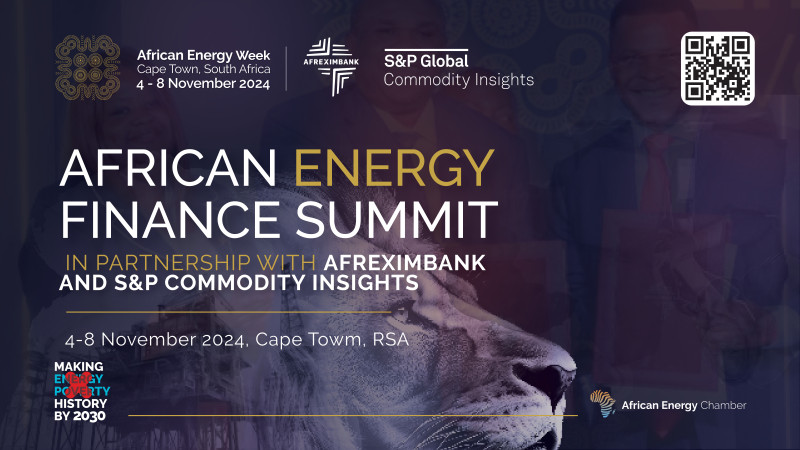

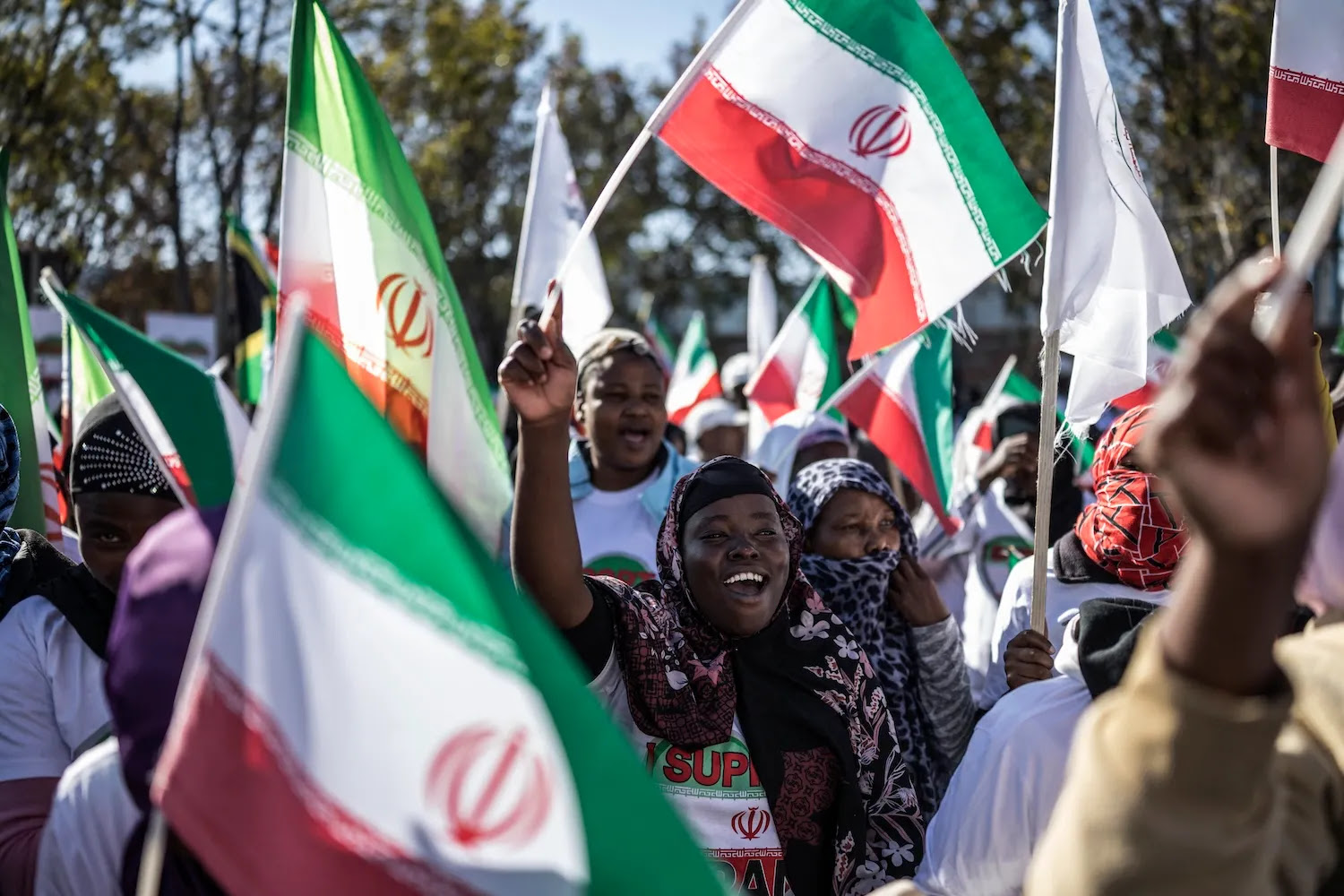

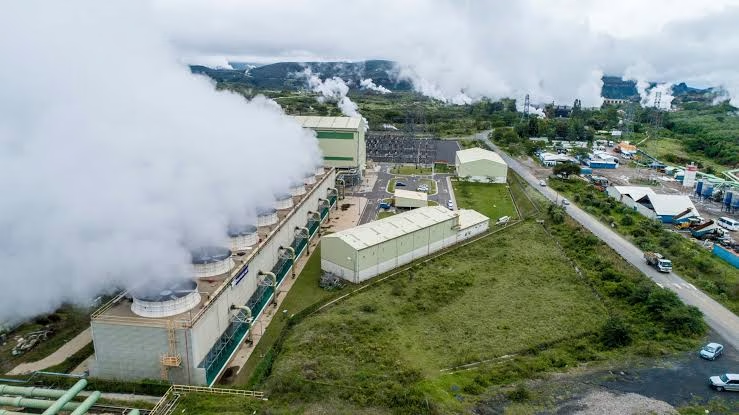
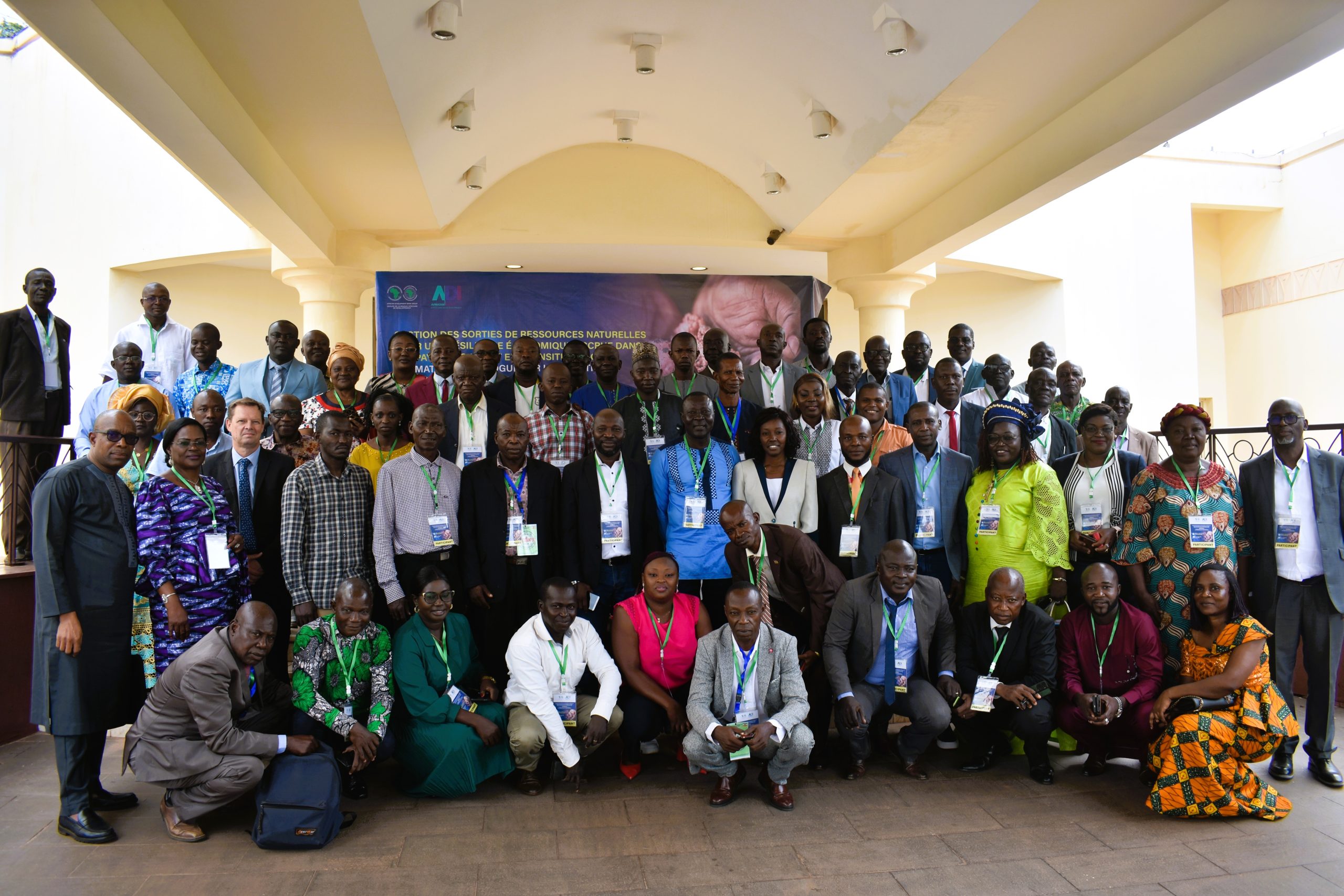
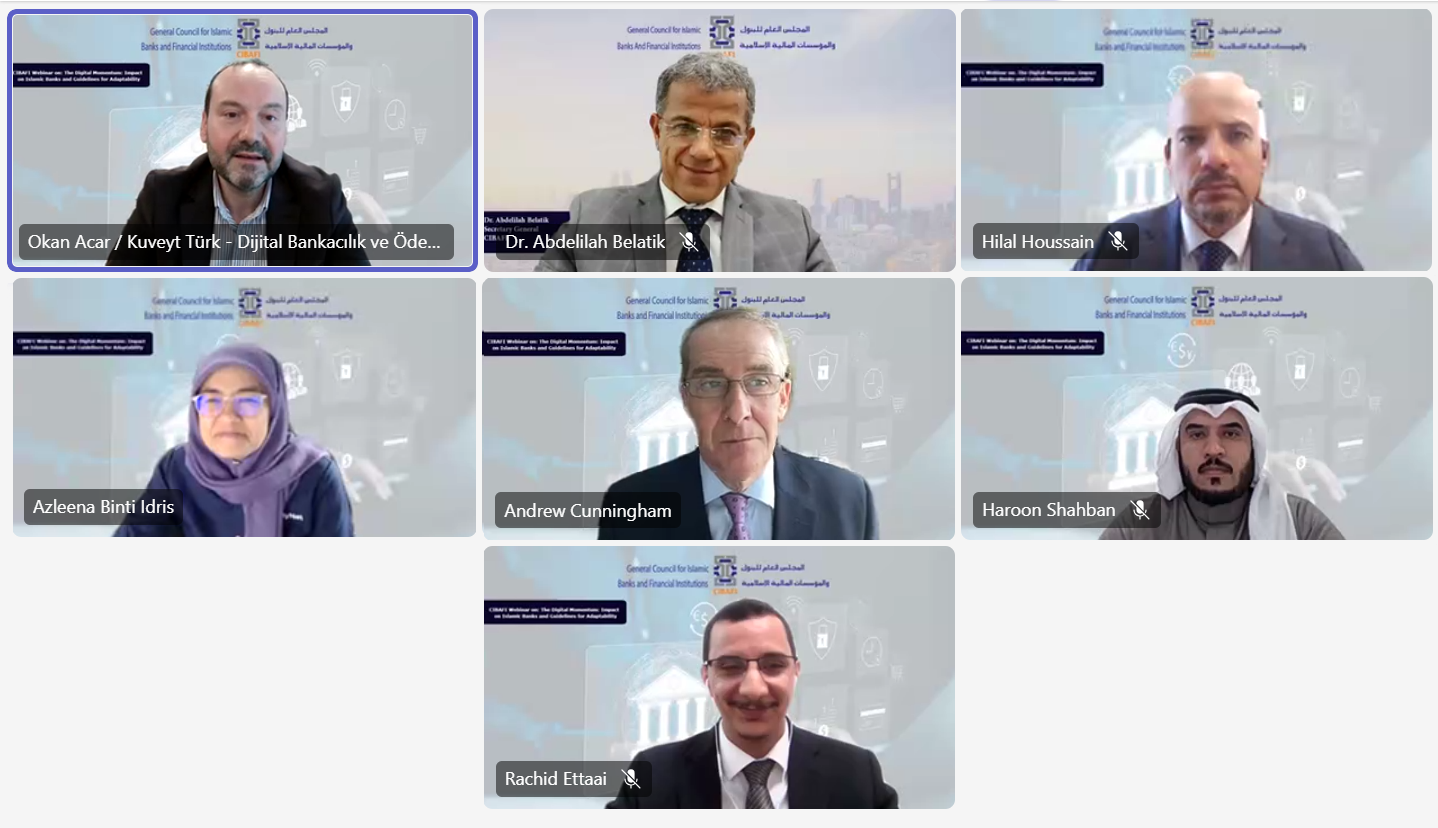
Leave a Reply